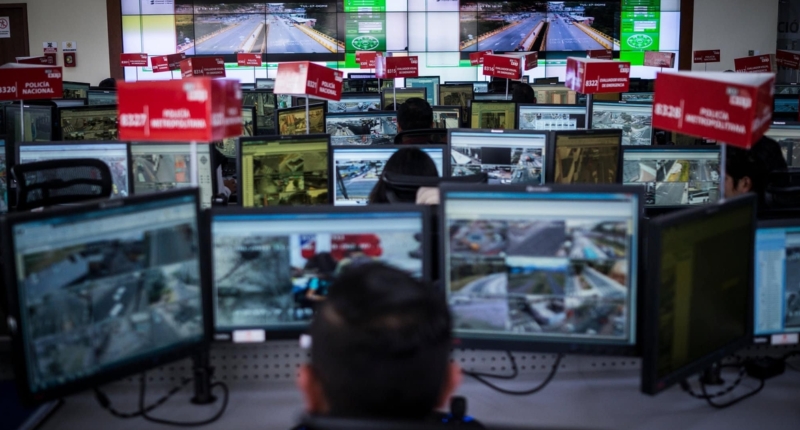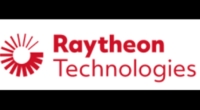Surveillance technology has become increasingly prevalent in modern society, with closed-circuit television (CCTV) cameras and social media monitoring being used to track and record our every move. While these technologies have benefits in terms of improving public safety and aiding law enforcement, they also pose significant threats to privacy. In addition to legal regulation, there is a need for ethical guidelines that ensure surveillance technology is used in a way that respects individuals’ privacy rights. The relationship between surveillance technology and privacy is paradoxical, as it can both protect and violate individuals’ privacy rights. As technology continues to advance, the rise of artificial intelligence (AI) and machine learning will enable surveillance technology to become even more sophisticated, potentially allowing it to identify individuals based on their behavior and other characteristics. To address the challenges ahead, there is a need for ongoing dialogue between stakeholders to develop a shared understanding of the risks and benefits of surveillance technology and work together to ensure that it is used in a way that respects individuals’ privacy rights.
The Intersection of Surveillance Technology and Privacy
Surveillance technology has become increasingly ubiquitous in modern society, with closed-circuit television (CCTV) cameras and social media monitoring being used to track and record our every move. While these technologies have benefits in terms of improving public safety and aiding law enforcement, they also pose significant threats to privacy.
The Benefits of Surveillance Technology
CCTV cameras are often installed in public spaces to deter crime and provide evidence in the event of an incident. Social media monitoring can help identify potential threats and prevent acts of violence before they occur. In addition, surveillance technology can be used to protect vulnerable populations, such as children and the elderly.
The Implications for Privacy
However, the constant monitoring and recording of our actions can feel intrusive and violate our right to privacy. The data collected by surveillance technology can be used for nefarious purposes, such as identity theft or blackmail, and can be used to discriminate against individuals based on their race, gender, or other characteristics. The use of surveillance technology without our knowledge or consent further exacerbates these concerns.
The Paradoxical Relationship
The relationship between surveillance technology and privacy is paradoxical. On the one hand, surveillance technology can be used to protect our privacy, such as encryption technology that secures our online communications and personal information. On the other hand, it can also violate our privacy, such as facial recognition technology used to track our movements or social media monitoring that infringes on our right to free speech.
The Need for Regulation
Given this paradoxical relationship, there is a need for regulation to strike a balance between using surveillance technology to protect public safety and respecting individuals’ right to privacy. Governments and businesses should develop privacy laws and regulations that govern the use of surveillance technology to ensure its responsible and ethical use. Such measures will go a long way in mitigating the threats to privacy posed by surveillance technology.
In conclusion, while surveillance technology has benefits in enhancing public safety and protecting vulnerable populations, its implications for privacy cannot be ignored. The paradoxical relationship between surveillance technology and privacy must be carefully managed to ensure that individuals’ right to privacy is respected and protected.
The Future of Surveillance Technology and Privacy
As technology continues to advance, the relationship between surveillance technology and privacy will become increasingly complex. The rise of artificial intelligence (AI) and machine learning will enable surveillance technology to become even more sophisticated, potentially allowing it to identify individuals based on their behavior and other characteristics.
The Importance of Ethical Guidelines
In addition to legal regulation, there is a need for ethical guidelines. Those who design and implement surveillance technology should be held accountable for ensuring that it is used in a way that respects individuals’ privacy rights. This requires a commitment to transparency and openness, as well as a willingness to engage in ongoing dialogue with stakeholders.
Addressing the Challenges Ahead
At the same time, concerns about privacy will continue to grow as individuals become more aware of the potential risks associated with surveillance technology. To address these challenges, there is a need for ongoing dialogue between stakeholders. This includes not only governments and businesses but also civil society organizations and individuals. By engaging in open and transparent dialogue, we can develop a shared understanding of the risks and benefits of surveillance technology and work together to ensure that it is used in a way that respects individuals’ privacy rights.
In conclusion, the use of surveillance technology has significant implications for privacy. While it can be used to enhance public safety and protect vulnerable populations, it can also violate individuals’ privacy rights. As we continue to develop and implement surveillance technology, it is crucial that we remain mindful of these concerns and work together to address them in a responsible and ethical manner.
Don’t miss interesting posts on Famousbio









